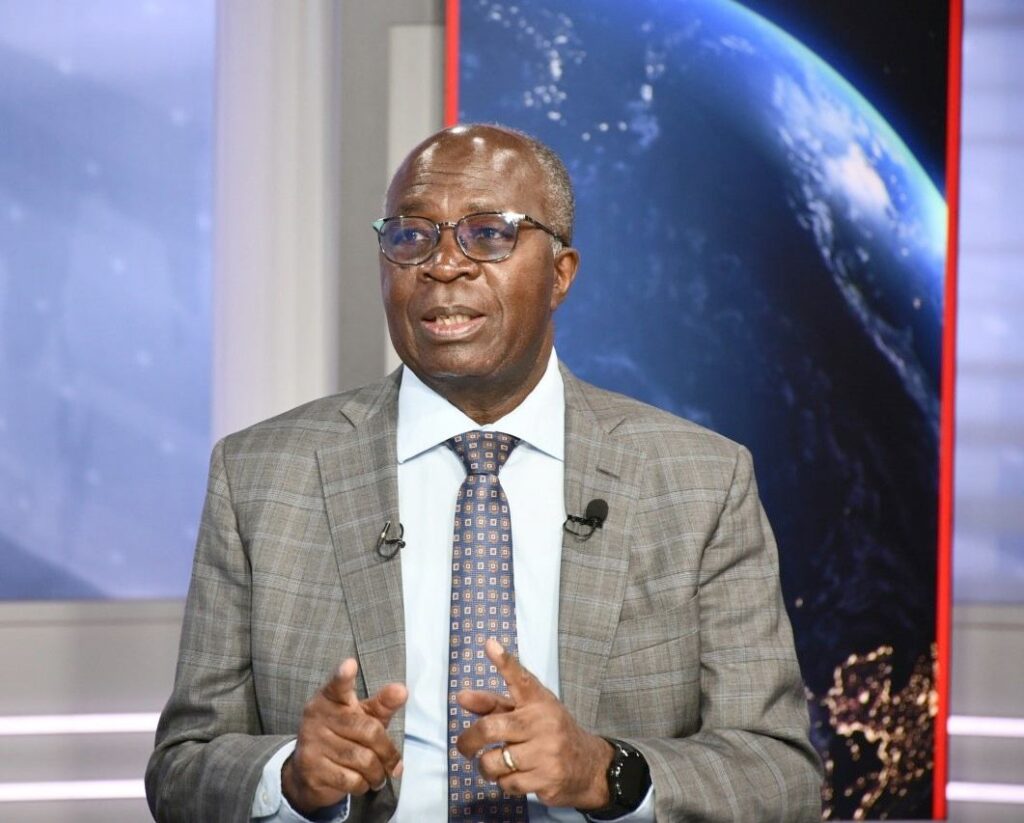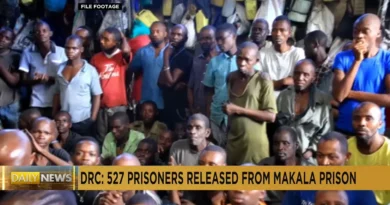Zambia’s Finance Minister Presents K41.9 Billion Supplementary Budget in Response to Severe Drought
Dr. Situmbeko Musokotwane, Zambia’s Minister of Finance and National Planning, today presented Supplementary Estimates of Expenditure No. 1 of 2024 to Parliament. The supplementary budget, amounting to K41.9 billion, aims to address the severe impacts of the ongoing drought, described as the worst in nearly sixty years, and to manage the country’s debt obligations.
Dr. Musokotwane outlined the dire circumstances necessitating the supplementary budget. The drought has affected over 9.8 million people, nearly 48 percent of the population, causing significant crop loss, water scarcity, and power generation issues. The agricultural sector is expected to decline by 19 percent, and overall productivity across the economy is projected to decrease due to electricity rationing. Consequently, real GDP growth has been revised down to 2.3 percent from the earlier forecast of 4.7 percent.
Inflation has also surged, averaging 13.5 percent in the first quarter of 2024, compared to 12.9 percent in the last quarter of 2023. By May 2024, annual inflation had risen to 14.7 percent, driven by high food prices.
The supplementary budget includes notable allocations aimed at mitigating the effects of the drought. K8.3 billion, or 19.8 percent of the revised budget, is earmarked for drought response interventions. This includes K5.2 billion for the Ministry of Community Development and Social Services to enhance the Social Cash Transfer Programme, providing additional support to 1.3 million existing households and extending assistance to 1.2 million new households under an Emergency Cash Transfer programme.
To support able-bodied individuals affected by the drought, the government proposes a “Cash for Work Programme,” initially allocated K2.0 billion, with plans to increase to K3.8 billion. This program will involve public works projects such as road maintenance, drainage and canal clearing, and general public area cleaning.
The government is also committed to ensuring food security by facilitating the importation of maize to supplement local production. The Food Reserve Agency will be responsible for managing maize distribution to affected areas.
Additionally, K392.2 million has been allocated to upscale the School Feeding Program, ensuring that school-going children in 37 affected districts continue to receive nutritional support. K306.6 million will be dedicated to water supply and management, including maintaining and rehabilitating dams and drilling high-production boreholes. The livestock and wildlife sector will receive K460 million to control diseases and protect grazing areas.
Dr. Musokotwane emphasized the government’s commitment to resolving debt-related issues, dedicating K14.6 billion, or 34.8 percent of the supplementary budget, to external debt service obligations.
He highlighted the significant progress made in debt restructuring, which has reduced the financial burden on the country and facilitated the resumption of debt servicing.
Furthermore, K15.2 billion, or 36.3 percent, of the supplementary budget will address fuel arrears contracted by the previous administration, aiming to replace expensive late payment interests with cheaper debt.
To fund the supplementary budget, the government plans to reallocate K17.2 billion from existing budget savings, secure K4.3 billion in additional support from cooperating partners, and utilize K3.8 billion from additional revenues. The remaining K16.6 billion will be sourced through concessional financing, including support from the International Monetary Fund.
Dr. Musokotwane concluded by expressing gratitude to Zambian citizens for their support, and to international partners like the World Bank and the IMF for their extraordinary assistance.
He reaffirmed the government’s dedication to managing public funds honestly and effectively, ensuring the well-being of the population during these challenging times.
The Supplementary Estimates have been referred to the Expanded Planning and Budgeting Committee for consideration, with a report due by Wednesday, 3rd July 2024.



